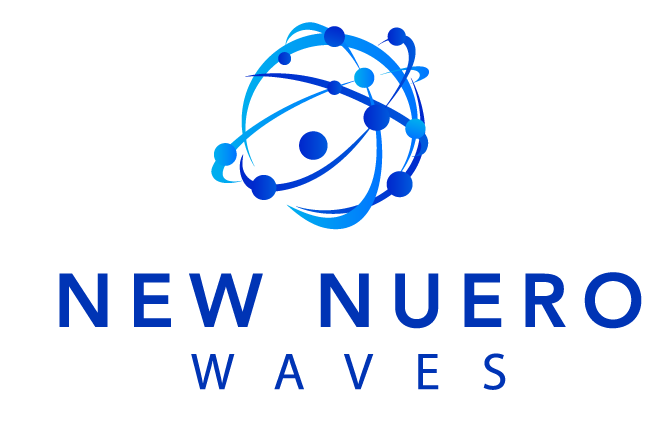As defined by ASHA (American Speech-Language-Hearing Association. A speech-language pathologist (SLP) is defined as an individual who engages in professional practice in the areas of communication and swallowing across the lifespan. Communication and swallowing are broad terms that encompass many facets of function. Communication includes the following: fluency, language, cognition, voice, resonance, as well as hearing. Swallowing includes all aspects of swallowing, including related feeding behaviors.
The practice of speech-language pathology is dynamic and continually evolves within the medical field and school-based settings. SLPs play vital roles in health literacy; screening, diagnosis, and treatment of autism spectrum disorder; and use of the International Classification of Functioning, Disability and Health (ICF; World Health Organization [WHO], 2014) to develop effective and functional goals. As technology and science advance, the areas of assessment and intervention related to communication and swallowing disorders change and grow accordingly.
Clinicians are urged to stay updated with advances in speech-language pathology practice by regularly reviewing the research literature, consulting the Practice Management section of the ASHA website, and regularly participating in continuing education (CEUs).
References
American Speech-Language-Hearing Association. (2014). Interprofessional education/interprofessional practice (IPE/IPP).





